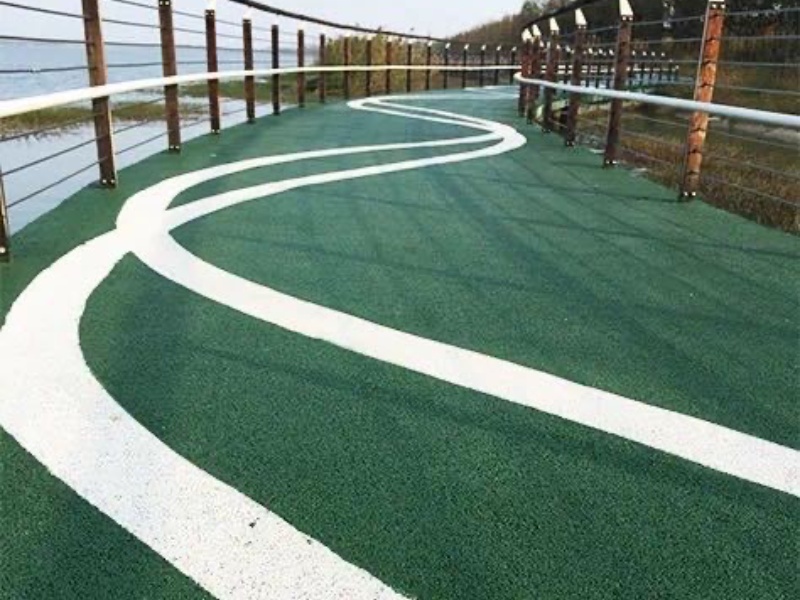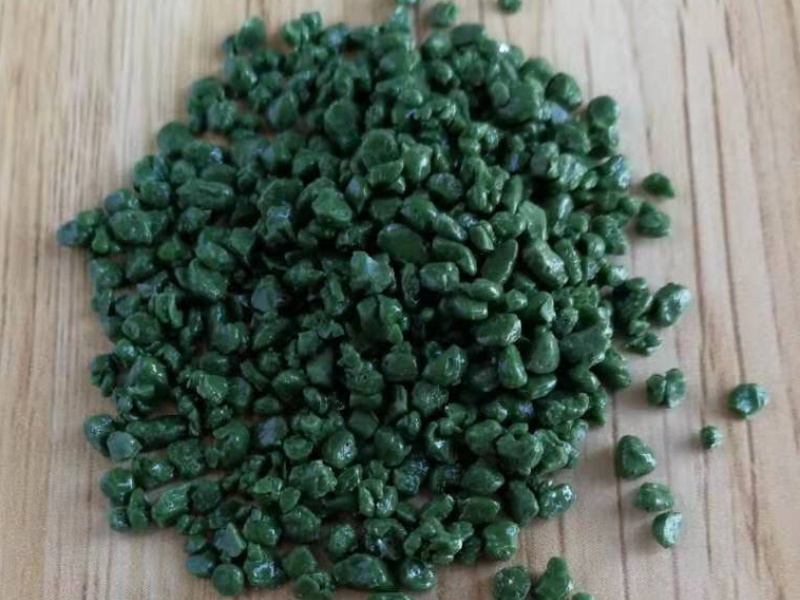Road safety is a top priority for urban planners, engineers, and governments worldwide. With increasing traffic and varying weather conditions, the need for effective road surface treatments has never been more critical. One of the most effective solutions for enhancing road safety is high friction surfacing. In this blog, we will explore the role of high friction surfacing in accident prevention, its benefits, and its applications.
High friction surfacing (HFS) is a road treatment that involves applying a layer of high-friction materials, such as anti-skid road surface aggregates, to the pavement. This treatment significantly increases the friction between vehicle tires and the road surface, reducing the risk of skidding and improving overall road safety.

Enhanced Traction: High friction surfacing provides a skid-resistant coating that improves vehicle control, especially in wet or icy conditions.
Accident Reduction: By increasing friction, HFS helps prevent accidents caused by skidding, particularly in high-risk areas such as sharp curves, intersections, and pedestrian crossings.
Durability: High friction surfacing materials are highly durable and can withstand heavy traffic and harsh weather conditions.
Cost-Effective: While the initial investment may be higher, the long-term benefits of reduced accidents and maintenance costs make HFS a cost-effective solution.
The application of high friction surfacing plays a crucial role in accident prevention. Here are some ways it enhances road safety:
Improved Vehicle Control: The increased friction provided by HFS allows drivers to maintain better control of their vehicles, reducing the likelihood of skidding and losing control.
Shorter Stopping Distances: High friction surfaces enable vehicles to stop more quickly, which is particularly important in emergency situations.
Enhanced Visibility: HFS can be combined with colored aggregates to create highly visible road markings, improving driver awareness and reducing accidents.
Non-Slip Road Treatment: High friction surfacing is ideal for non-slip road treatments, making roads safer for both vehicles and pedestrians.

High friction surfacing can be applied in various scenarios to enhance road safety:
Urban Roads: In busy urban areas, HFS can significantly reduce the risk of accidents by providing better traction and clear road markings.
Highways: On highways, HFS helps maintain high friction surfaces, especially in areas prone to wet or icy conditions.
Pedestrian Crossings: High friction surfacing can be used to create highly visible and skid-resistant pedestrian crossings, enhancing safety for pedestrians.
Sharp Curves and Intersections: Applying HFS in high-risk areas such as sharp curves and intersections can prevent accidents caused by skidding.
Several cities and municipalities have successfully implemented high friction surfacing in their road safety programs, resulting in a noticeable reduction in accidents. For example, a recent study in a European city showed a 40% decrease in road accidents after applying HFS to high-risk areas.
High friction surfacing is a proven and effective solution for enhancing road safety and preventing accidents. By providing a skid-resistant coating and improving vehicle control, HFS plays a crucial role in making roads safer for everyone.